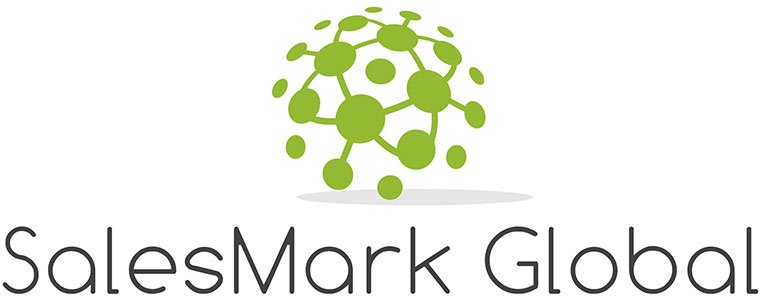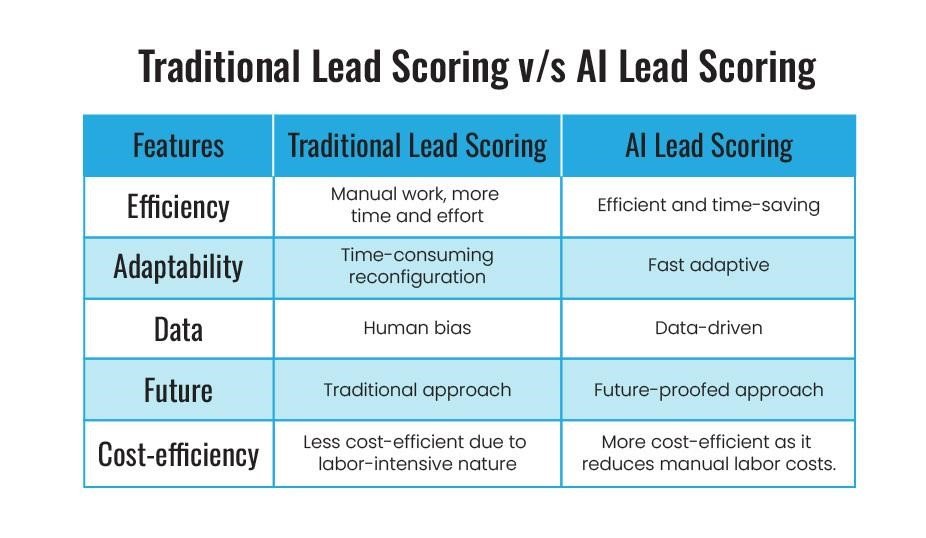Content Optimizer Use Data to Enhance B2B Marketing Strategies
Explore the methods and opportunities of applying data to improve B2B marketing content, discussing the issues of audiences, performance, and tactics.
Table of Contents
1. Understanding Audience Preferences
1.1 Identifying Target Segments
1.2 Behavioral Insights
2. Content Performance Analysis
2.1 Measuring Key Metrics
2.2 A/B Testing and Iteration
3. Strategic Content Adjustments
3.1 Personalization at Scale
3.2 Content Gaps and Opportunities
4. Enhancing Engagement and Conversion
4.1 Interactive and Visual Content
4.2 Content Distribution Optimization
Conclusion
B2B marketing is a highly competent field, and therefore data-based insights are not only valuable but crucial. Marketing with content and data analytics is an effective long-term approach to fine-tuning the execution of digital marketing strategies so that their effectiveness is maximized. This article focuses on the methods and opportunities of applying data to improve B2B marketing content, discussing the issues of audiences, performance, and tactics.
1. Understanding Audience Preferences
1.1 Identifying Target Segments
The first and essential aspect of content optimization is also knowing who your audience is. How can content be optimized? Segmentation of the target audience can be carried out more effectively if B2B marketers analyze demographic and firmographic data. Tools like Google Analytics, LinkedIn Insights, and CRM data can provide detailed information on:
– Company size and industry
– Job roles and seniority levels
– Geographic locations
1.2 Behavioral Insights
Behavioral data aids in determining how your audience consumes the content you post. Website traffic data like page views, time spent on page, and engagement rates are good indicators of what gets the attention of different segments. Marketing automation tools like HubSpot and Marketo enable a detailed analysis of users’ behavior and extend helpful recommendations on how to create content that will satisfy certain target consumers.
2. Content Performance Analysis
2.1 Measuring Key Metrics
The second of these is that effective content optimization requires a strong emphasis on ongoing performance monitoring. Metrics such as conversion rate, click-through rate (CTR), and other lead generation are important. Utilizing data from platforms like Google Analytics, SEMrush, and Ahrefs helps in:Utilizing data from platforms like Google Analytics, SEMrush, and Ahrefs helps in:
– Tracking organic traffic and SEO performance
– Analyzing backlink quality and referral traffic
– Monitoring social media engagement
2.2 A/B Testing and Iteration
Overall, the use of A/B testing can make a huge difference in the content’s performance. It enables marketers to test out the various headlines, CTAs, and even the format of the content that has the potential to increase engagement and the rate of conversion for the products and services being marketed. Platforms such as Optimizely and Unbounce enable A/B testing and offer results on which content variations work best.
3. Strategic Content Adjustments
3.1 Personalization at Scale
Data enables the generation of content that is as specific as possible and resonates with a target audience. Combining CRM data with content management systems allows marketers to have targeted content delivery. Some examples of personalization strategies might include changing the content on websites under certain conditions, sending out emails to certain individuals, and creating unique white papers or case studies. Tools such as Salesforce and Adobe Experience Manager allow for these more sophisticated personalization techniques.
3.2 Content Gaps and Opportunities
Content gap analysis involves determining those areas where your existing content does not align with the expectations of your audience, or what can be referred to as the audience’s unsaturated needs. With BuzzSumo and Clearscope, marketing professionals can identify what issues and terms are popular but have not been covered in the organization’s content yet. It is worth filling these gaps not only for SEO benefits but also for thought leadership for your brand in these areas.
4. Enhancing Engagement and Conversion
4.1 Interactive and Visual Content
This is affirmed by the study, which shows that users are more likely to engage with products that have past elements that allow for interactivity and visualization. Promoting simpler content in the form of videos, infographics, and even engaging widgets adds value to the content you are creating. Analytics can show how these formats fare against regular articles and posts, which can inform further content generation strategies.
4.2 Content Distribution Optimization
Content distribution is as important as content development to enhance the convenience of reaching target groups. It is important for the purpose of gaining insight into which particular channels and what particular time of the day or week are most suitable for sharing the content. Applications such as Hootsuite and Buffer offer suggestions on when to post and the level of fan engagement on various social media sites. Moreover, using email marketing analysis software such as Mailchimp can help schedule emails and categorize recipients to enhance efficiency.
Conclusion
When it comes to the B2B marketing aspect, utilizing data for content enhancement is a real game-changer. Understanding the target audience, tracking the content’s performance, making changes to it, and engaging the audience with the help of data will make the content much more efficient for marketers. This approach not only gives the highest return on investment but also provides a better brand image and growth in intense competition.
Through a data-focused approach to content marketing, every piece of content created and disseminated is strategic, purposeful, and effective—all of which are critical to the success of B2B marketing over the long term.
Visit Our SalesMarkBlog Section to Uncover the Sales Strategies That Ignite Your Sales Journey










